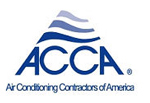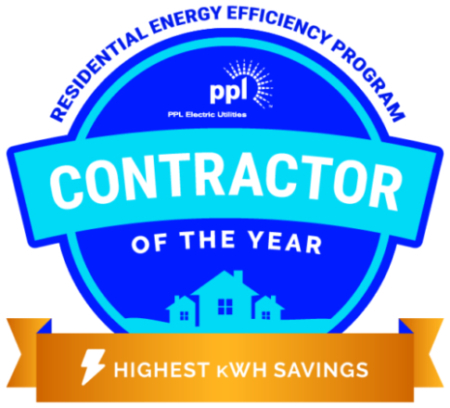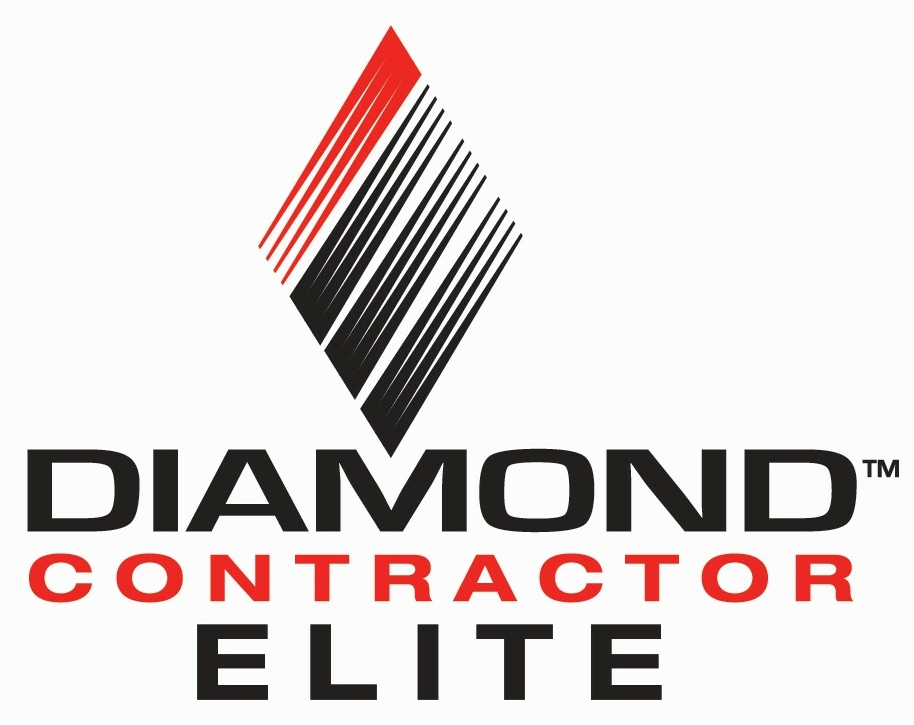What Size Water Heater Do I Need?
The most common type of water heaters are storage tank water heaters and are typically either electric or gas-fueled. Most water heater sizes are around 40, 50, or 80 gallons. A 50-gallon water heater is fairly standard. But with a family of 5 or more and/or high water heating demands like a jacuzzi tub, going with a larger capacity will be best. Due to energy standards, electric water heaters larger than 55 gallons are required to meet a specific Energy Factor (EF) rating and will most likely need to be a heat pump water heater, fortunately, these are very efficient.
Gas fueled water heaters tend to have a much better First Hour Rating (FHR) and recovery rate to provide better performance. Where often a 50-gallon gas water heater will perform more closely to that of an 80-gallon electric and will satisfy the needs of most typical households.









